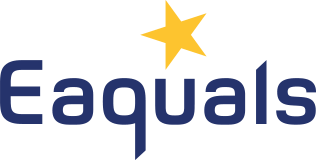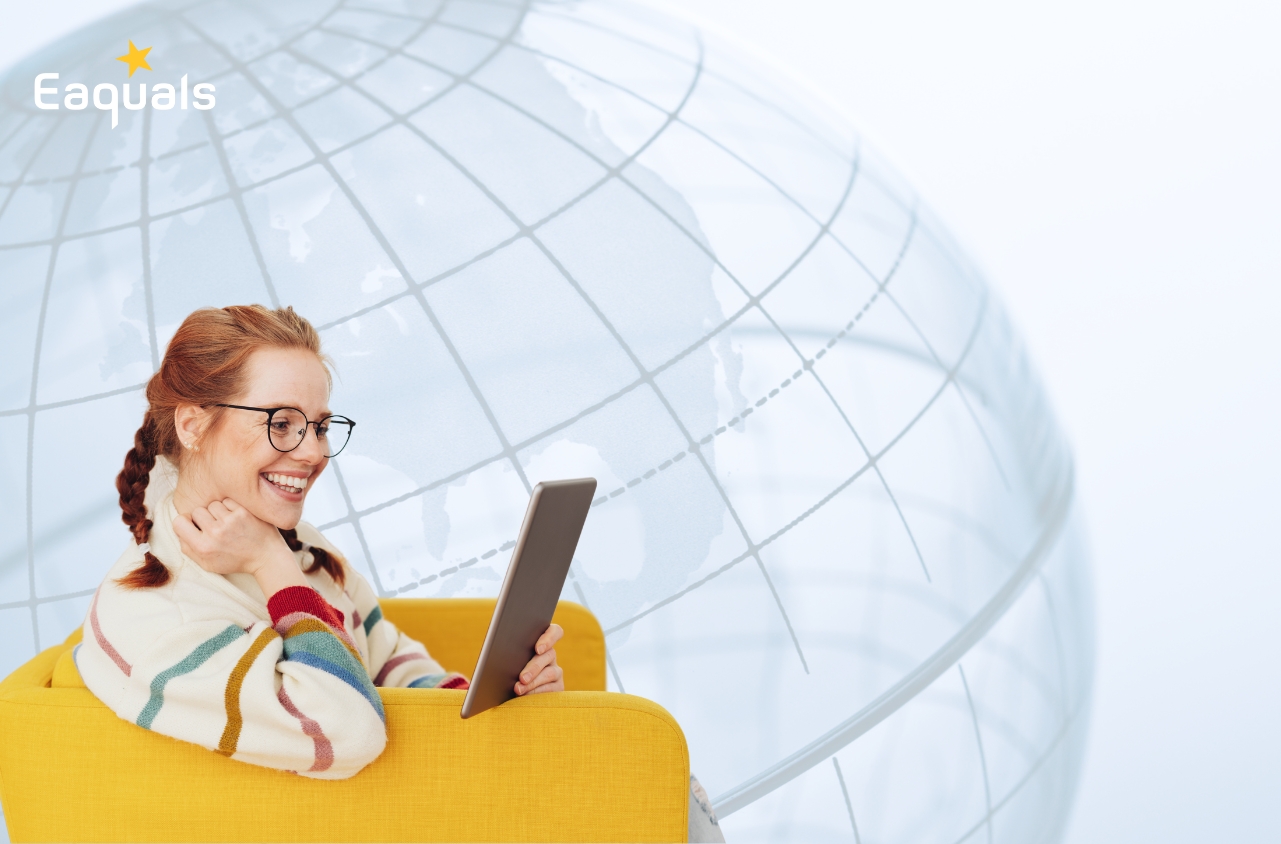The Council of Europe’s toolkit for volunteers providing language support to refugees
In late 2015, the coordinators of the Linguistic Integration of Adult Migrants (LIAM) project at the Council of Europe, which includes Richard Rossner representing Eaquals, decided that there was an urgent need to prepare an online toolkit of guidance documents and resources for the many volunteers, most of them not trained as teachers, who find themselves running language support activities for refugees, especially those arriving in Greece and Italy as well as in other countries in Europe. Tenders were sent to relevant organisations in four countries, and the various items submitted were reviewed and edited by the coordinating group together with the Council of Europe’s leader of language programmes, Philia Thalgott. The Italian versions of the resulting worksheets and documents were then piloted extensively in Italy. This exercise, coordinated by Lorenzo Rocca of the CVLC at the Università per Stranieri di Perugia, an Eaquals project partner organisation, involved 150 volunteers and over 2,000 refugees in 16 Italian regions. Following adjustments resulting from the piloting, the coordinating group organised 57 items now available in seven languages on a special Council of Europe website.
The toolkit was launched at a conference held in Strasbourg on 22nd and 23rd November 2017. The event was attended by over 100 delegates from 23 different countries, as well as some ambassadors to the Council of Europe and representatives of international organisations such as the European Commission, OECD, UNHCR and OIM, who provided insights into the importance of languages in their own work with refugees. The programme of the event can be found here. The scope and contents of the toolkit were introduced to the conference participants by members of the LIAM coordinating group.
This unique resource comprises four main sections as indicated by the tabs at the top of the homepage: introductory guidelines covering essential information about refugees and the geopolitical context, cultural and language awareness, and language learning; ‘preparation and planning’, including points to think about when doing this kind of volunteers work, tools for needs analysis, and resources in the form of lists for planning language content; ‘activities’, notably a series of scenarios for language work at elementary level, but also some tools for practising vocabulary and for reflecting on language learning; and finally a ‘resources’ section, which contains a short glossary and some web directories for different languages.
Work remains to be done on ensuring that relevant organisations and people across Europe are aware of the existence of the toolkit and make it available to volunteers who are providing language support, sometimes alongside other kinds of support. Eaquals members are invited to inform relevant NGOs and authorities in their countries about the existence of this resource and to get in touch with Eaquals if further information or orientation is needed by their contacts.



